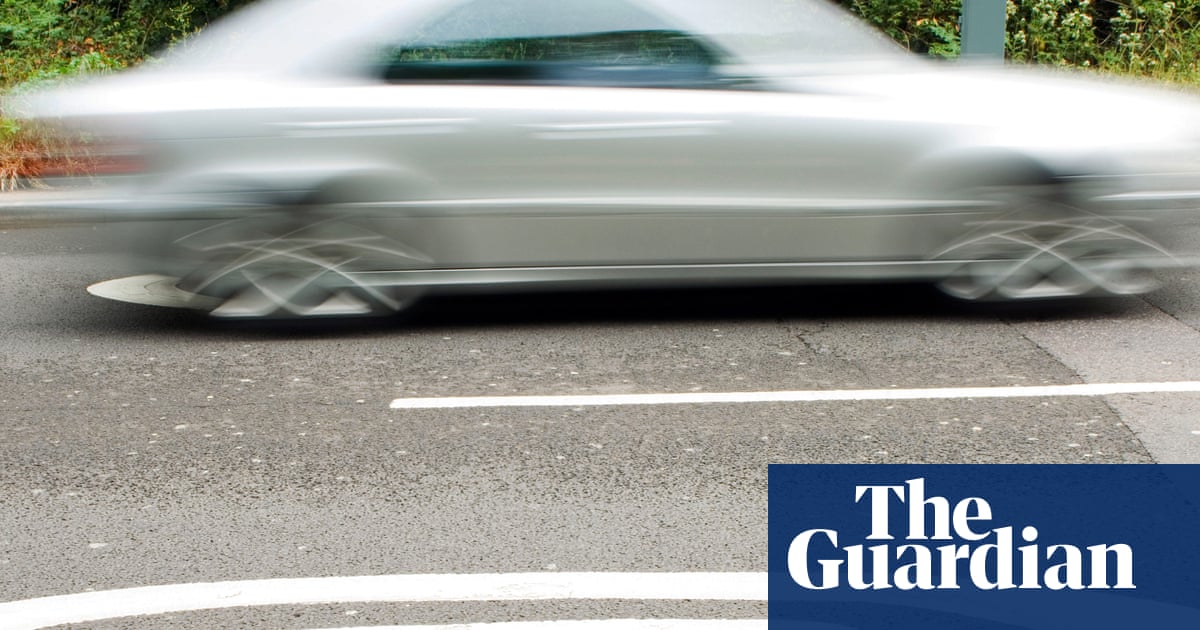All new cars must have the devices from 7 July, adding fuel economy as well as safety. Will mpg become the new mph?
In the highway code and the law courts, there is no doubt what those big numbers in red circles mean. As a quick trip up any urban street or motorway with no enforcement cameras makes clear though, many drivers still regard speed signs as an aspiration rather than a limit.
Technology that will be required across Europe from this weekend may change that culture, because from 7 July all new cars sold in the EU and in Northern Ireland must have a range of technical safety features fitted as standard. The most notable of these is intelligent speed assistance – or colloquially, a speed limiter.
The rest of the UK is theoretically free, as ministers once liked to put it, to make the most of its post-Brexit freedoms, but the integrated nature of car manufacturing means new vehicles here will also be telling their drivers to take their foot off the accelerator. Combining satnav maps with a forward camera to read the road signs, they will automatically sound an alarm if driven too fast for the zone they are in.



Come to my town. If you obey the speed limit you hit almost every light on red. Do 5-10 mph over and you hit most on green.
If you are at a red, the light will not change most times until there is a decent amount of traffic coming from another direction. When they get closer, they will get a red and you get a green. Making them stop.
I want to meet the idiots who designed this system.
Sounds like it should be the exact opposite. In a road in a city near here they have leds installed in the streets and everything set for a green wave. If you drive in the green zone of the LEDs, you will have all lights green. It was a proof of concept and pretty cool imho.
Many cities try that. However it is very hard to pull that off when you have two way traffic, and busy cross streets make it worth. Two way traffic often means one direction has no cars, but the other does because the distance between lights is not something in control of the traffic engineers. And cross traffic means you need to handle the whole grid at once.